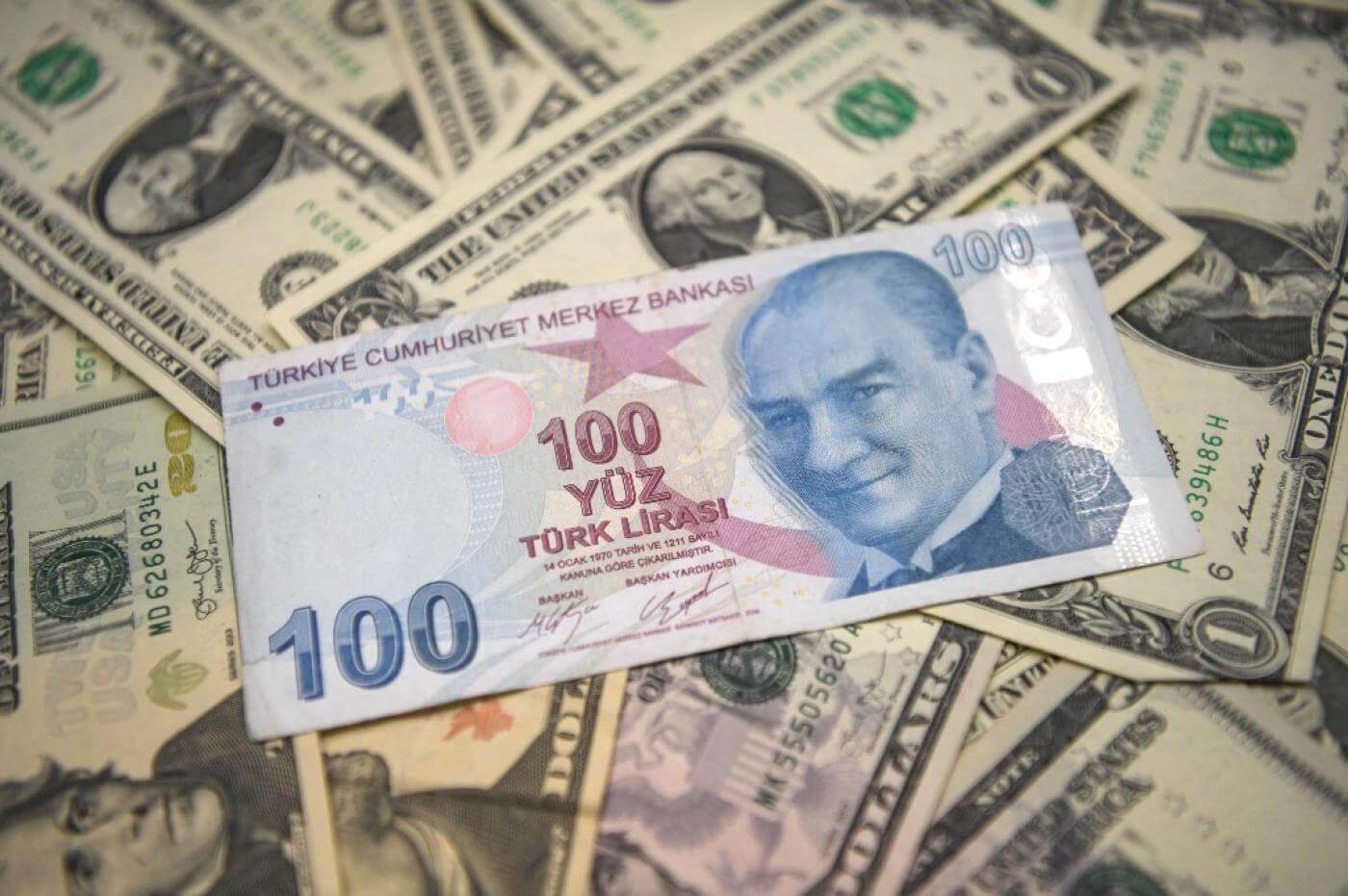Turkey’s currency, the Lira, crashed to a historic low of 13.44 against the United States (US) Dollar on Tuesday, making it the worst-performing emerging market currency this year. Critics have blamed the fall of the Lira on Turkish President Recep Tayyip Erdoğan’s policy of cutting interest rates.
The Lira has lost almost 45% of its value this year and plunged by 15% on Tuesday alone. In fact, the currency has been on a downward path since 2020 and its value has continuously plunged against the US dollar over the last 12 months.
Turkey’s Central Bank has slashed interest rates three times since September, most recently last week. Earlier this month, Erdoğan pushed the Central Bank to cut rates from 16% to 15% despite the depreciation of the Lira against the dollar and rising inflation, which is now at 20%.
The policy of lowering interest rates, also known as monetary easing, can temporarily make credit more easily available and makes borrowing much easier for businesses, which in turn could lead to greater investment. However, if monetary easing policies remain in place for too long, it could also lead to higher levels of inflation, as in the case of Turkey.
Due to Erdoğan’s continued slashing of interest rates, the price of basic food items has increased by between 62% and 72% over the last 12 months, according to official statistics. The rate cuts have also triggered a housing crisis in large cities, including Ankara and Istanbul, with housing prices surging by 30%.
Following Tuesday’s crash, there was a steep hike in fuel prices in the country, leading to long queues of angry Turks. Saying that he had been waiting for 20 minutes to buy gas, a Turkish citizen told Reuters that “this is the state they [the government] have brought Turkey to. What more can I say?” Hundreds of citizens have reportedly taken to the streets of various cities across the country to protest against Erdoğan’s contentious economic policies.
Erdoğan’s monetary policy has been a point of contention within his own party—the Justice and Development Party (AKP). Many party officials have questioned the soundness of Erdoğan’s moves and feared that rising inflation levels will lead to social unrest.
“Some people who wanted to convey the opinion to the president that a different policy should be followed were not successful in this,” a senior AKP official told Reuters on Wednesday, pointing to the President’s uncompromising stance on rate cuts. “There is a very strict attitude from the presidency that the current practice will continue, interest rates will be kept low and inflation will decrease along with it,” the official said.
The President has even taken harsh actions against those who have questioned his policies. Last month, Erdoğan sacked three Central Bank officials for questioning his continued lowering of interest rates. He has fired three Central Bank governors since 2019 on similar grounds.
However, despite voices of dissent from within his party, Erdoğan has remained defiant and has fiercely defended the rate cuts, arguing that higher interest rates would not lower inflation. He has also said that lower interest rates will boost exports, investments, and jobs and lead to long-term economic benefits.
Erdoğan called his policies a “war of economic liberation” during a cabinet meeting earlier this week. “I reject policies that will contract our country, weaken it, condemn our people to unemployment, hunger, and poverty,” he said, referring to suggestions to hike interest rates.
Even though the Lira rebounded by 7% on Wednesday after the previous day’s crash, experts have warned that inflation and volatility will still haunt the Turkish economy as long as the President continues his rate cuts. The Wall Street Journal notes that if action is not taken to contain the Lira’s slide, the price of food, medicine, and other essential goods could increase drastically, leading to rising poverty levels and widespread social unrest.

